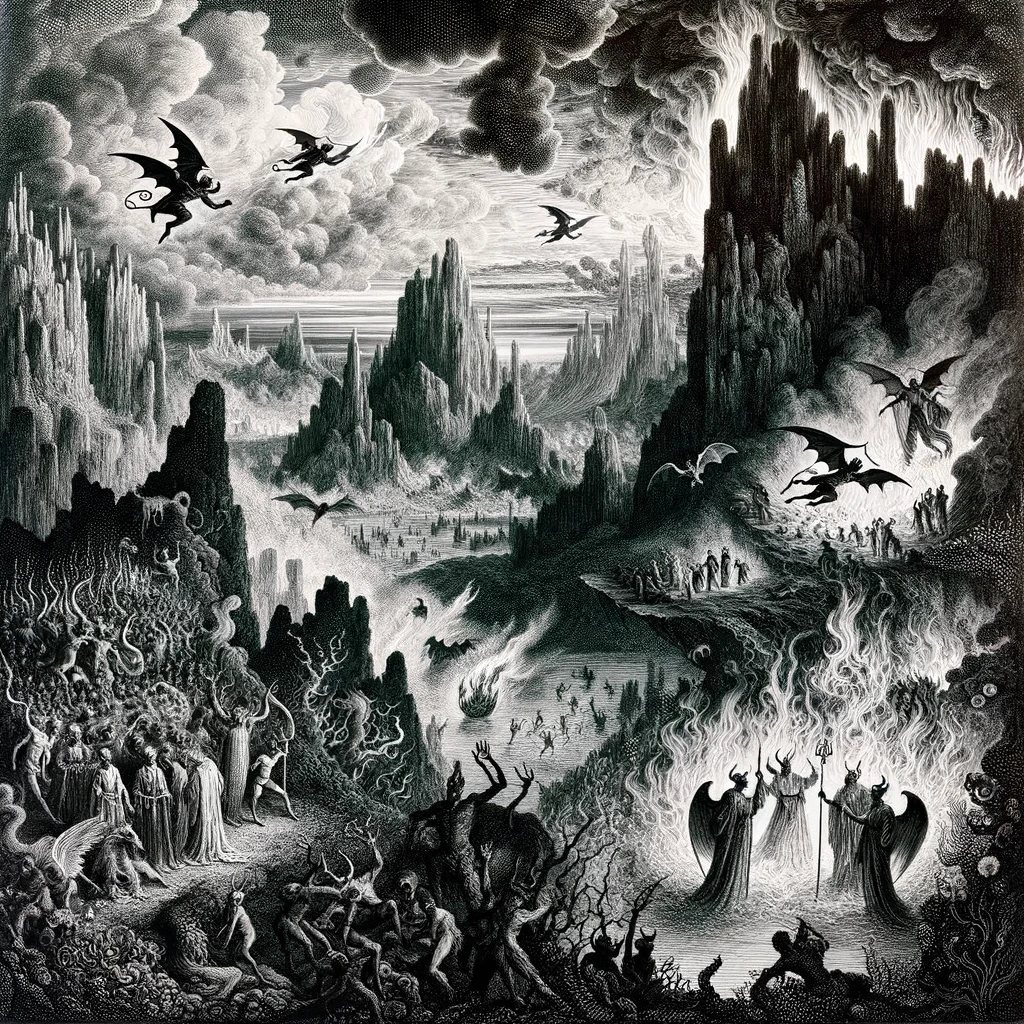
Glossary: Definition, Greek Origins, and Purpose in Literature
Explore the ‘glossary’, a tool for clarifying specialized terms, with roots in Greek language, essential in academic and technical texts.
But you don't know it

Explore the ‘glossary’, a tool for clarifying specialized terms, with roots in Greek language, essential in academic and technical texts.

Explore ‘story’, a narrative form from Old French ‘estorie’, capturing tales and experiences through words and imagination.

Uncover ‘bibliography’, from Greek ‘biblion’ (book) and ‘graphein’ (to write), the systematic study of written literature.

Explore ‘anthology’, derived from Greek ‘anthologia’ for ‘flower gathering’, a curated collection in literature.

Explore ‘myth’ and ‘mythos’: their meanings, origins from Greek ‘mythos’, and how they shape narratives and cultures differently.

Explore ‘biography’: its meaning, Greek and Latin origins, and evolution in chronicling lives.

Delve into ‘pandemonium’: from Milton’s ‘all demons’ in ‘Paradise Lost’ to a term for chaos and uproar in modern language.

Delve into ‘catharsis’: from Greek ‘kathairein’ for purification, to its use in Aristotle’s drama theory and psychology.

Meaning of Oxymoron: An oxymoron is a figure of speech in which two seemingly contradictory or opposing words are used together for rhetorical effect, often to create an impression, emphasize contrasts, or to illustrate paradoxical situations. Common examples include phrases like “deafening silence,” “bittersweet,” or “living death.” Etymology and Origin:[…]

Topos, from Greek τόπος (place), in rhetoric means a common theme or motif, and literally refers to a location.